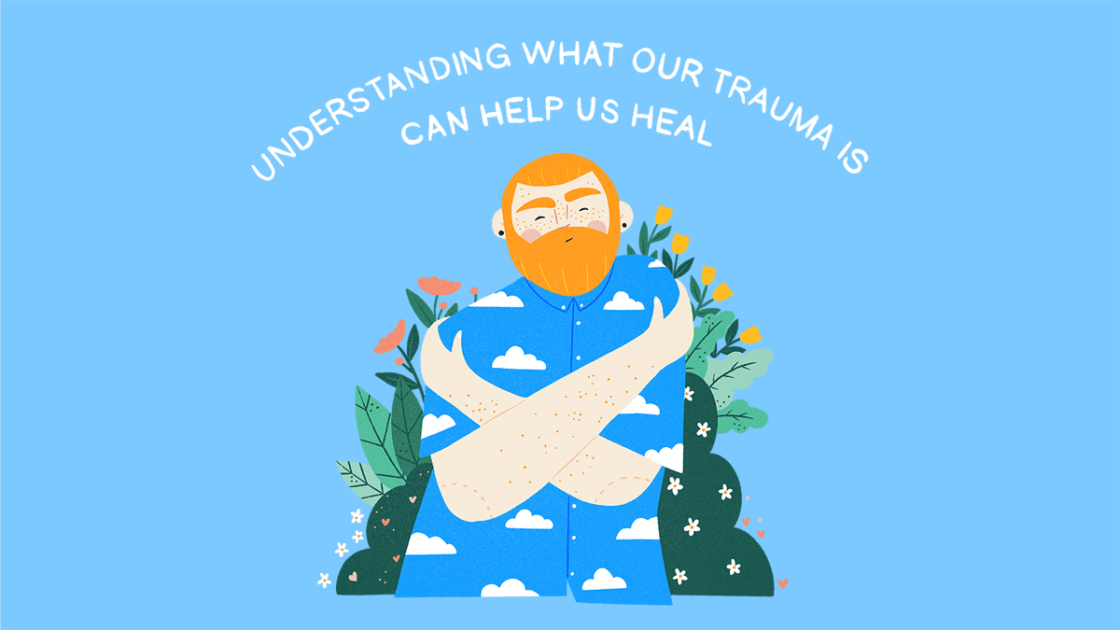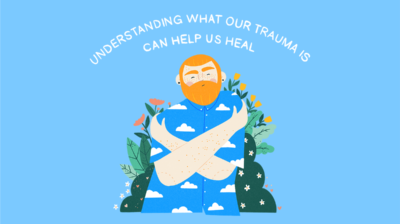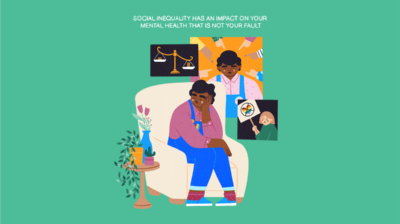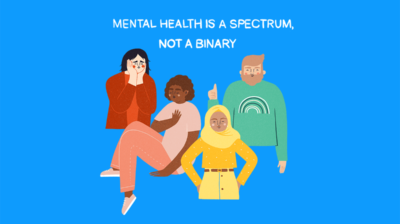Quiz: How much do you know about trauma?
Take this quiz to see if you can recognise what trauma is, where it comes from, and how it can impact you.

Trauma can affect your life in many different ways and can significantly impact your mental health. Understanding where trauma can come from and how it can affect you can help to support your mental health and wellbeing. Take this quiz to find out how much you know about trauma.
True or false: Anyone can experience trauma and traumatic events can happen at any stage in life
Trauma can happen to anybody at any age and at any stage of their life. People can experience trauma for different reasons and can be affected by it in different ways.
True or false: only near-death experiences cause trauma
We all respond differently to traumatic experiences and what is considered to be traumatic is individual to each person. Trauma can occur any time a person experiences a frightening or distressing event that they do not have the ability to cope with. Many different types of experience have the potential to cause trauma.
Which of the following can be a cause of trauma?
We all respond differently to traumatic experiences and what is considered to be traumatic is individual to each person. Trauma can occur any time a person experiences a frightening or distressing event that they do not have the ability to cope with. Many different types of experience have the potential to cause trauma.
Which of the following can be a symptom of trauma?
Many people will experience physical or emotional reactions following a traumatic event. These experiences can be mild or more severe, brief or more long-lasting. No two people respond to trauma in exactly the same way, and there are many signs and symptoms that can be related to experiencing trauma. While the experiences mentioned above can be symptoms of trauma they can also be caused by other mental health conditions or be part of everyday experience and not related to a mental health condition.
True or false: everyone who experiences trauma will develop post traumatic stress disorder (PTSD)
PTSD is a mental health condition that can be caused by very stressful, frightening or distressing events. Not everyone who experiences trauma will develop PTSD. Some people who experience trauma will recover quickly and not experience severe or ongoing symptoms. You can also experience anxiety, grief, or stress following a trauma without developing PTSD.
Trauma responses...
A trauma response is a reaction that someone may have when faced with threatening or abusive situations. Sometimes, people learn these trauma responses as a means of survival in childhood and they can show up in healthy or unhealthy ways. Learning to recognise your trauma responses can help you to respond in healthier ways when you’re faced with difficult situations. You can learn more about common trauma responses by reading our article on trauma (link to article)
Developing PTSD after experiencing trauma is...
While some people who experience trauma do not experience many negative effects and recover quickly, anybody who has experienced a traumatic event can develop PTSD. Developing PTSD is not a sign of weakness, it is a normal response to living through a situation that made you fear for your life or your safety.
Experiencing trauma in childhood...
Experiencing trauma during childhood can have long term impacts on a person’s mental and physical well being throughout their lifetime. The more experiences of trauma a person has in their early life, the chances of them experiencing mental health and physical health issues greatly increase. Even though people can not always remember abuse that they may have experienced as a child, it can still significantly impact their life.
Which of the following does not increase your chances of developing PTSD
There are many factors which make it more likely that you will develop PTSD following a trauma. Even though these factors increase your risk of PTSD, this still does not mean that you are guaranteed to develop it. Talking to somebody about what you’re going through and finding the right help and support can reduce the impact that trauma has on your life.
True or false: If you experience trauma, it will affect you for the rest of your life
Experiencing trauma does not mean that it will shape the rest of your life. Trauma can be managed so that experiences from the past, don't define the future. Some people will develop symptoms that resolve after a few weeks, while others will have more long-term effects. If you are experiencing mental health difficulty due to trauma, speaking to someone about it can help. Processing traumatic experiences can be difficult, but there are professionals who can help you work through past experiences and give you advice on healing strategies and medication options that may be right for you.






